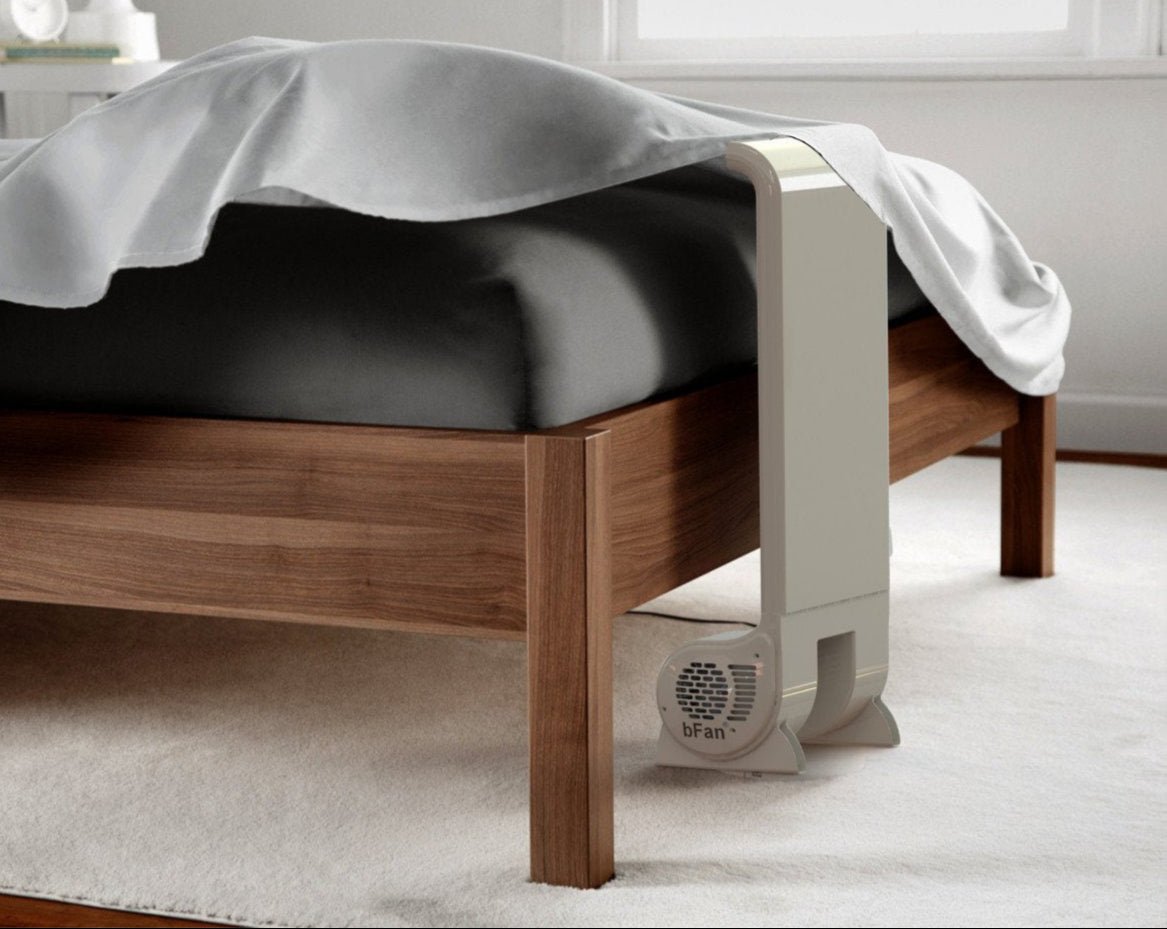Night Sweats With Hyperthyroidism
Approximately one in every one-hundred people in the United States has hyperthyroidism. This condition presents with several troublesome symptoms, one of which is night sweats. Hyperthyroidism is defined as a condition in which the thyroid gland, located in the front of your throat, is overactive and produces more hormones than needed. The thyroid gland is primarily responsible for two hormones: thyroxine and triiodothyronine. These two hormones are responsible for a variety of your different bodily functions, including:
- The speed at which your heart beats
- How deep of a breath you can take
- Your body’s internal temperature
- Your metabolism
- Whether you lose or gain weight
The thyroid plays a significant role in the body, so it is no surprise that when there is an issue with it (such as hyperthyroidism), there are a variety of very different symptoms. Some of the symptoms of hyperthyroidism are as follows:
- Hyperthyroidism predominantly affects the nervous system and sends it into overdrive. Thus it should be no surprise that there are a lot of sleep-related issues with hyperthyroidism. These issues can result in insomnia, which is defined as persistent trouble falling asleep. In addition, an overactive thyroid will cause night sweats because the body becomes less tolerant to heat and therefore it begins to sweat excessively, which makes it much harder to stay asleep.
- Another symptom, which is generally a secondary symptom of insomnia, is muscle weakness and fatigue. This is because not getting enough sleep decreases muscle protein synthesis, which can cause muscle weakness over time.
- Shakiness and hand tremors are common symptoms of hyperthyroidism because of the way the nervous system is affected. However, involuntary movements in your hands or arms should be a cause for concern no matter what and could be a sign of hyperthyroidism or other issues.
- Changes in appetite and a loss of weight can also frequently occur with hyperthyroidism. This is because hyperthyroidism over-releases the hormone, decreasing appetite, and food intake, making the body often underweight.
- An irregular heartbeat and heart palpitations can also occur due to the thyroid’s direct effect on your heart.
- There are also a number of lung issues that can be caused by hyperthyroidism. Hyperventilation can occur, which causes the body to take too many shallow breaths and deprives the body of the proper amount of carbon dioxide, leading to lightheadedness and the aforementioned irregularly fast heartbeat.
As with any health concerns, if you suspect that you might be suffering from hyperthyroidism, it is important to contact your doctor with your concerns. Only proper medical treatment can truly offer relief from the myriad symptoms of hyperthyroidism. Therefore, this article should not be used as a diagnostic tool but as an educational resource.
One symptom that can be addressed is night sweats. We know just how tough night sweats can be to deal with, which is why we invented the BedFan. Our fan works uniquely by addressing the issue of overheating by blowing under the covers and over the body. This provides significantly better relief from hyperthyroidism's drenching night sweats at a much cheaper cost than other alternatives— especially during the summer when air conditioning costs are at an all-time high!
Share

